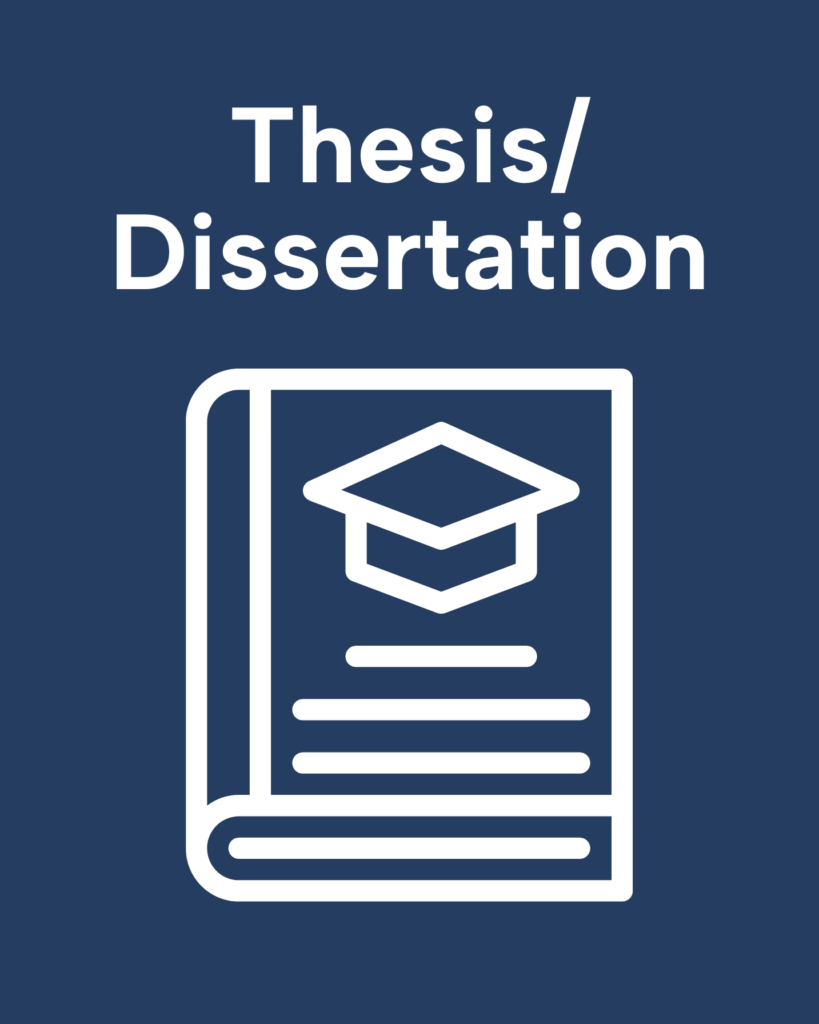Expanded horizons: EMDR therapy in patients with a personality disorder
This dissertation investigates the effectiveness of EMDR therapy in individuals with a personality disorder (PD), with particular attention to those without PTSD. In addition to a theoretical framework and a detailed case study, two randomized controlled trials (RCTs) were conducted.
Article Abstract
“This dissertation investigates the effectiveness of Eye Movement Desensitization and Reprocessing (EMDR) therapy in individuals with a personality disorder (PD), with particular attention to those without posttraumatic stress disorder (PTSD). Although the development of PDs reflects a complex interplay between individual predispositions, early life experiences, and current stressful life circumstances, the impact of adverse childhood experiences (ACEs) such as emotional neglect and abuse has been consistently demonstrated. Given this strong association between early adversity and the development of PDs, this research examined whether EMDR therapy can be a safe and effective intervention for this population. In addition to a theoretical framework and a detailed case study, two randomized controlled trials (RCTs) were conducted.
The first trial included 97 patients with a PD but without PTSD diagnosis. Results showed that five sessions of EMDR therapy, followed by three months of treatment as usual for their personality disorder led to significant improvements in psychological symptoms, distress, and personality functioning over time. Importantly, EMDR proved effective not only for Criterion A memories but also for other adverse experiences, such as emotional neglect. Although temporary increases in psychological distress and suicidal thoughts occurred, these were less frequent over the course of the study in the EMDR condition than in the waiting list control condition. Findings from this study suggest that EMDR therapy can be safely applied at the group level in individuals with a personality disorder, while continued attention to individual responses remains essential.
A second, larger multicenter RCT involving 159 patients, with and without comorbid PTSD, further evaluated the effectiveness of ten EMDR sessions compared to a waiting list control condition. The treatment resulted in substantial reductions in PTSD symptoms, even among patients who did not meet full PTSD criteria or when targeting memories outside Criterion A. These findings indicate that EMDR therapy may have broader applicability for patients with PD, regardless of diagnosis or memory type.
Overall, this dissertation underscores the importance of an individualized, trauma-informed case conceptualization, and advocates for improved accessibility of trauma-focused treatment for patients with personality disorders. While replication and further refinement of these findings are warranted, and the inclusion of additional outcome measures for personality pathology is recommended, the results suggest that trauma-focused treatment represents a promising direction for this patient group.”
Article Access
Open Access
Hafkemeijer, L. (2025). Expanded horizons: EMDR therapy in patients with a personality disorder. [Doctoral Thesis, Erasmus University Rotterdam]. Erasmus Universiteit Rotterdam (EUR). https://pure.eur.nl/en/publications/fe52dac8-6049-4229-9c2c-7a8d1f0b643f
Date
November 13, 2025
Creator(s)
Laurian Hafkemeijer
Topics
Personality Disorders
Publisher
Erasmus University Rotterdam
Rights
Copyright © 2025 Laurian Hafkemeijer
APA Citation
Hafkemeijer, L. (2025). Expanded horizons: EMDR therapy in patients with a personality disorder. [Doctoral Thesis, Erasmus University Rotterdam]. Erasmus Universiteit Rotterdam (EUR). https://pure.eur.nl/en/publications/fe52dac8-6049-4229-9c2c-7a8d1f0b643f
Audience
EMDR Therapists
Language
English
Content Type
RCT, Thesis/Dissertation
Access Type
External Resource, Open Access





